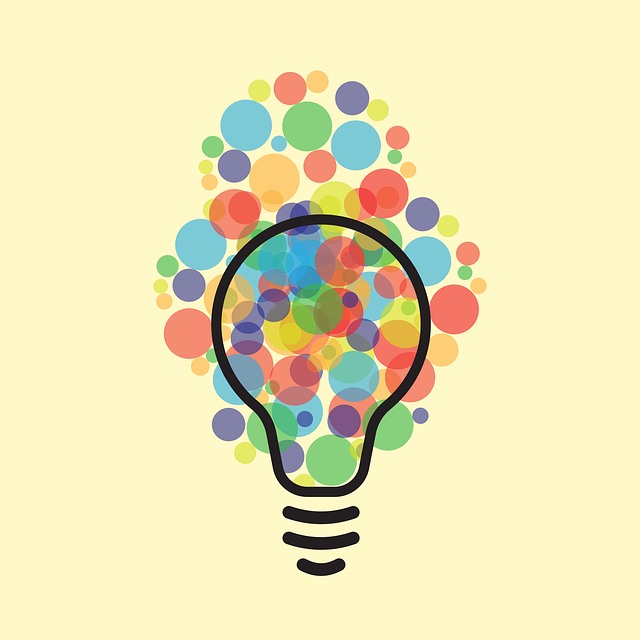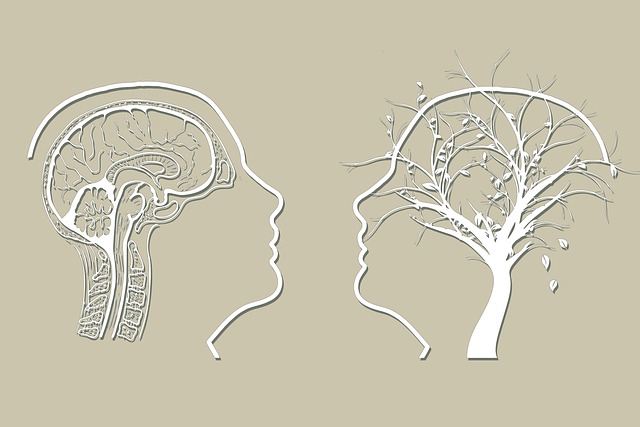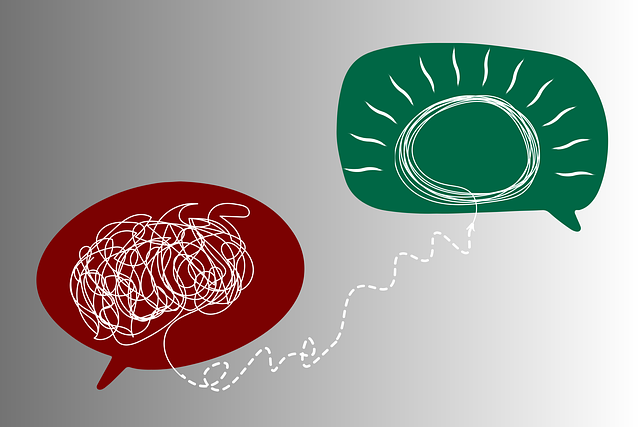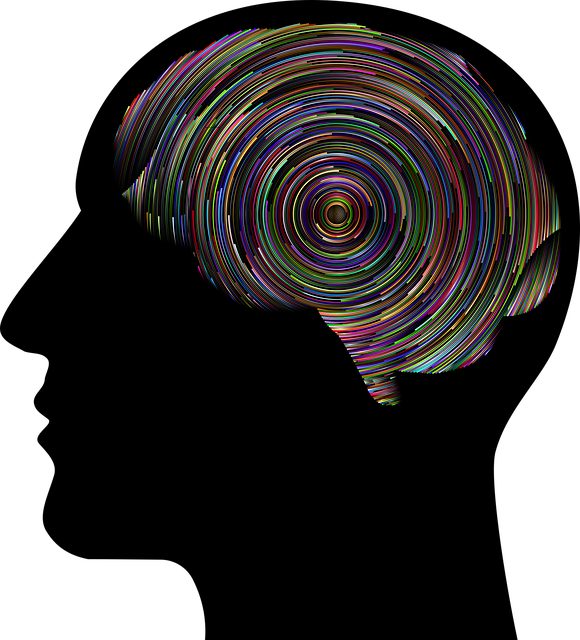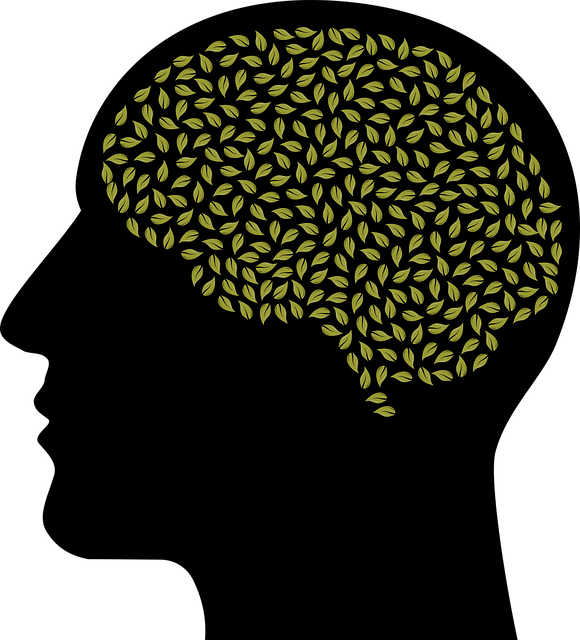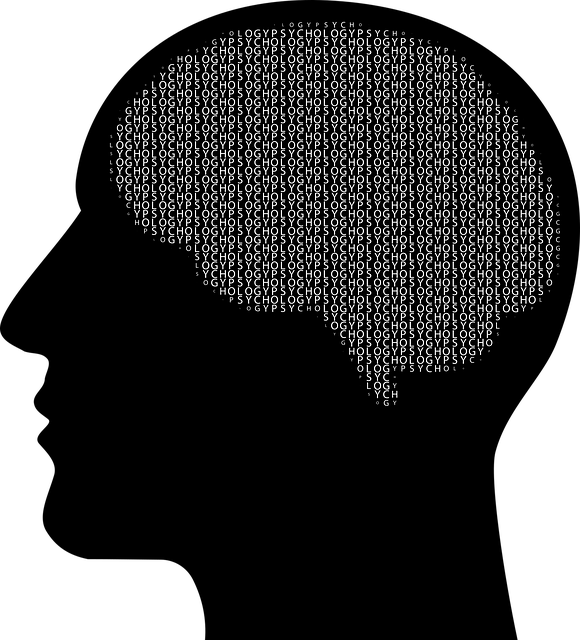In a diverse world, mental wellness apps like Aurora Hebrew Speaking Therapy bridge cultural gaps by offering language-specific therapy services, fostering inclusivity and accessibility. To achieve holistic mental health, these apps integrate burnout prevention, empathy-building, and awareness campaigns. By embracing cultural sensitivity, incorporating traditional healing methods, and providing multi-language support, they cater to diverse users' needs, aligning with depression prevention practices. Effective marketing, user engagement, and impact measurement are key to their success, ensuring personalized support for Hebrew speakers and promoting mental wellness in the digital age.
In today’s digital age, mental wellness apps are revolutionizing access to therapeutic support, especially within diverse communities. This article explores the growing need for such applications, highlighting the success of Aurora Hebrew Speaking Therapy as a pioneer in this field. We delve into designing culturally sensitive apps, essential functions like personalized therapy sessions and mood tracking, and effective marketing strategies to engage users. By examining these aspects, we aim to empower developers and mental health professionals to create impactful solutions, mirroring the holistic approach of Aurora Hebrew Speaking Therapy.
- Understanding the Need for Mental Wellness Apps in Diverse Communities
- Designing an App: Incorporating Cultural Sensitivity and Accessibility Features for Aurora Hebrew Speaking Therapy
- Essential Functions and Therapeutic Tools for Effective Mental Health Support
- Marketing, User Engagement, and Measuring Impact: Strategies for Success in the App Store
Understanding the Need for Mental Wellness Apps in Diverse Communities

In today’s fast-paced world, mental wellness has become a paramount concern, transcending geographical and cultural boundaries. The need for accessible and tailored support is more acute than ever, especially within diverse communities. Applications focused on mental health and well-being have emerged as powerful tools, offering personalized guidance and resources to those seeking assistance. For instance, platforms like Aurora Hebrew Speaking Therapy cater specifically to Jewish communities, providing culturally sensitive therapy services in languages such as Hebrew. This tailored approach ensures that individuals can access support while maintaining their cultural connections.
Addressing mental wellness holistically requires an understanding of the unique challenges faced by diverse groups. Burnout prevention strategies for healthcare providers, empathy-building initiatives, and public awareness campaigns development are essential components of this broader picture. By integrating these strategies within mental wellness apps, we can foster inclusive environments that not only support individuals but also contribute to stronger, more resilient communities.
Designing an App: Incorporating Cultural Sensitivity and Accessibility Features for Aurora Hebrew Speaking Therapy

When designing an app for mental wellness, especially one catering to a specific linguistic and cultural community like Aurora Hebrew Speaking Therapy, incorporating cultural sensitivity is paramount. The app should reflect the values, beliefs, and unique needs of its target audience, ensuring that resources and practices are accessible and relatable. For instance, integrating features that align with traditional healing methods or religious customs can greatly enhance user engagement and effectiveness.
Moreover, accessibility plays a crucial role in mental wellness apps. Incorporating features such as multi-language support, text-to-speech functionality, and adjustable font sizes caters to diverse user needs. This inclusivity ensures that individuals from all backgrounds, including those with visual or cognitive impairments, can benefit from the app’s offerings. Consideration of these aspects not only widens the appeal but also aligns with organizations like the Stress Management Workshops Organization and their goals for depression prevention through accessible compassion cultivation practices.
Essential Functions and Therapeutic Tools for Effective Mental Health Support

Mental wellness apps have emerged as powerful tools for supporting individuals’ emotional well-being. To be truly effective, however, they must incorporate a range of essential functions and therapeutic tools. One such example is Aurora Hebrew Speaking Therapy, which leverages technology to provide personalized mental health support tailored to speakers of Hebrew.
Core features should include mood management tools, helping users track and understand their emotional states. Additionally, incorporating Mind Over Matter principles through cognitive-behavioral techniques can empower individuals to reframe negative thoughts. Emotional Well-being Promotion Techniques such as mindfulness exercises, meditation guides, and positive affirmation tracks further enhance app effectiveness. By combining these elements, mental wellness apps can offer comprehensive support, fostering resilience and promoting overall mental health.
Marketing, User Engagement, and Measuring Impact: Strategies for Success in the App Store

Marketing, User Engagement, and Measuring Impact are key strategies for success when developing mental wellness apps, such as Aurora Hebrew Speaking Therapy. To attract users, focus on highlighting unique features that cater to specific needs, like cultural relevance or tailored self-care practices. Leveraging social media platforms, collaborating with influencers in the mental health awareness space, and running targeted ads can effectively reach your audience.
Engaging users requires more than just downloading the app; it’s about fostering a sense of community and encouraging consistent use. Incorporate interactive elements like daily check-ins, progress tracking, and gamification to promote resilience building. Regularly update content to keep users interested and consider personalizing experiences based on user preferences. By effectively measuring impact through analytics tools, developers can identify which features resonate most, allowing for continuous improvement and ensuring the app remains relevant in the competitive app store landscape.
Mental wellness apps have become essential tools for promoting emotional well-being, especially with the growing demand for accessible and culturally sensitive support. As demonstrated by the success of Aurora Hebrew Speaking Therapy’s app, incorporating specific cultural considerations and accessibility features is key to creating a diverse user base. By offering evidence-based therapeutic tools and prioritizing user engagement strategies, developers can significantly impact mental health outcomes. Marketing these apps effectively in the competitive App Store requires a focus on unique selling points, user feedback, and continuous improvement, ensuring that they reach those who need them most.

